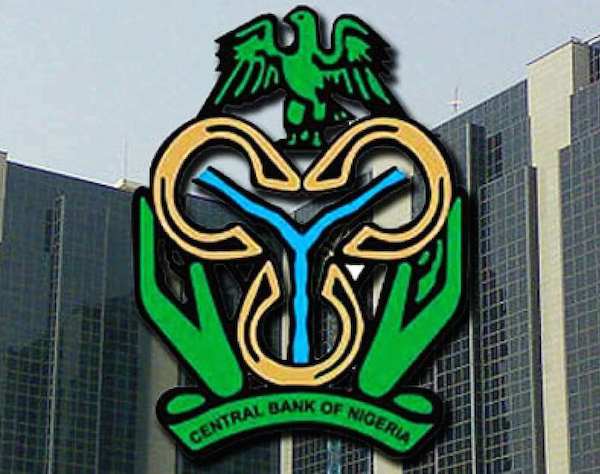The figure is made up of N227.68 billion direct standard lending facility, and N91.60 billion ILF converted to overnight repo. Daily average credit taken during the period was N17.74 billion in the 18 transaction days from October 1 – 25, 2019, while daily request ranged from N0.42 billion to N148.96 billion.
These details are contained in CBN’s October 2019 ‘Economic Report’.
The apex bank earned total interest of N180 million from the facility granted, the report disclosed.
Similarly, banks took advantage of the standing deposit facility at the CBN to receive the sum of N545.71 billion with a daily average of N30.32 billion in the 18 transaction days from October 1-25, 2019.
The report said daily request ranged from N6.90 billion to N43.90 billion, while cost incurred on SDF in the month stood at N180 million. The SDF is a facility which allows banks to keep their excess funds with the CBN and are paid interest of 8.5 percent on deposit not exceeding N2 billion.
The report also revealed the deepening fiscal crisis of the federal government whose revenue projection and budget for the month of October was not met. The report stated that the federal government collected a total revenue of N894.09 billion in October 2019, as against the monthly budget estimate of N1.2 trillion, representing a decline of 28.2 per cent and 0.9 per cent, respectively.
It further said the federal government retained revenue for the review month was N316.91 billion, while total expenditure was N695.89 billion, resulting in an estimated deficit of N378.98 billion. The decline, relative to the monthly budget estimate, was attributed to shortfall in both oil and non-oil revenue.
Similarly, oil receipts, at N577.30 billion or 64.6 per cent of total revenue, were below the monthly budget estimate of N798.83 billion by 27.7 per cent. However, it exceeded the receipt of N467.58 billion in the preceding month by 23.5 per cent.
The decrease in oil revenue relative to the monthly budget estimate was attributed to shut-ins and shut-downs at some NNPC terminals due to pipeline leakages and maintenance activities.
Concerns have been raised over Nigeria’s precarious fiscal position which has made funding of some key infrastructural projects impossible. Besides, Nigeria’s debt stock has hit N27 trillion or $82 billion as at September this year.
However, the Nigerian government, through Zainab Ahmed, finance minister, has been deflecting and dispelling such concerns by saying Nigeria does not have a debt crisis but a revenue crisis.
During the recent 2020 budget hearing, she said contrary to speculations that Nigeria was gradually slipping into a debt crisis, the country’s debt profile is still within very reasonable limit.
In projections for 2020, Nigeria plans to spend N2.4 trillion to service both local and foreign debts. This is according to the Appropriation Bill presented by President Muhammadu Buhari .
According to the president, the budget is targeted at “strengthening the country’s macroeconomic environment, human capital development, critical infrastructure and the enhancement of the administration’s social investment programme”.

 Health5 days ago
Health5 days ago
 Entertainment7 days ago
Entertainment7 days ago
 Crime6 days ago
Crime6 days ago
 Education1 week ago
Education1 week ago
 Health1 week ago
Health1 week ago
 Comments and Issues6 days ago
Comments and Issues6 days ago
 Football7 days ago
Football7 days ago
 Latest6 days ago
Latest6 days ago

